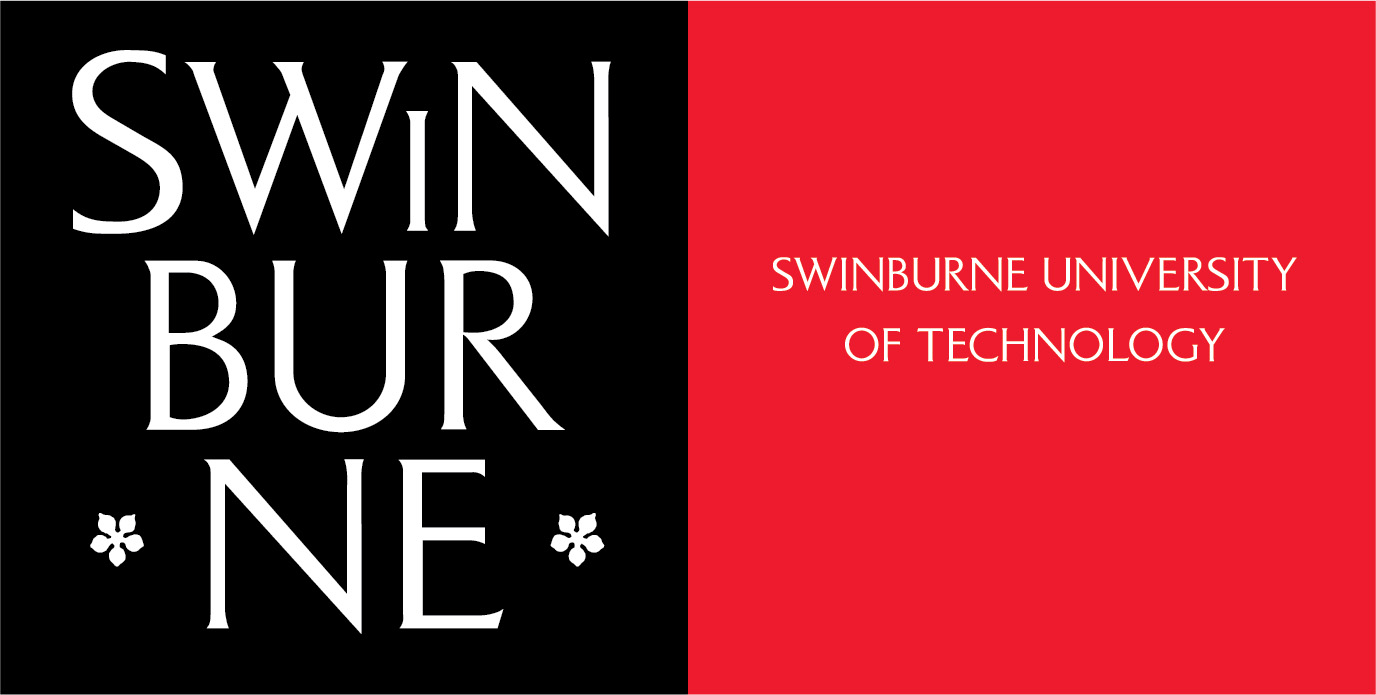Master of Information Technology (Professional Computing)
Course Overview
Course Structure
To qualify for the award of Master of Information Technology (Professional Computing), students must complete 12 units of study (150 credit points) as follows:
- 4 Core units (50 credit points)
- COS70004 User-Centred Design
- COS80001 Cloud Computing Architecture
- COS80021 Web Application Development
- COS80023 Big Data
- 1 Specialisation (100 credit points) consisting of:
- 2 Core units (25 credit points)
- 4 Technology projects (75 credit points)
Students may choose one of the following specialisations:
- Data Analytics
- Software Development
- Cybersecurity
Credits can be granted for prior study.
Entry Requirement
| Admission Requirements | |
|---|---|
| Academic Entry Requirements | Recognised Bachelor degree in IT related discipline covering at least the fundamental knowledge of computer programming, web system development, database, and business applications of computer systems. If you do not have an IT background or IT related degree you may be able to apply for our 16-unit Master of Information Technology. |
| Language Requirement | |
|---|---|
| English Language Requirements | International students Satisfactory completion of one of the following: minimum IELTS overall band of 6.5 (Academic Module) with no individual band below 6.0 TOEFL iBT (internet-based) minimum score of 79 with a reading band no less than 18 and writing band no less than 20 Pearson (PTE) minimum score of 58 (no communicative skills less than 50) any other equivalent assessment of English language proficiency. |
Subjects
| Subject Name | Subject Type | Fees |
|---|---|---|
| 2 Unmatched Electives | Core | |
| 1 Unmatched Elective | Core | |
| Enterprise Network Server Administration | Core | |
| IS/IT Risk Management | Core | |
| Strategic Project Management | Core | |
| Applied Research Project | Core | |
| Secure Networks | Core | |
| Networks and Switching | Elective | |
| Network Administration | Core | |
| Applied Research Methods | Core | |
| Internship Project | Elective | |
| User-Centred Design | Core | |
| Data Communications and Security | Elective | |
| Object Oriented Programming | Core | |
| Internet Security | Core |
Career Opportunities
This program addresses the issues and technologies that are being widely adopted in industry. Graduates will be equipped for employment in IT and network positions.
Internship or Work Placements
Students in this course can apply to undertake an internship as an elective unit. Internships offer students a valuable opportunity to apply practical skills and theoretical knowledge in the workplace during their final semester. Projects may include system design and development, research and development projects, business analysis, testing and IT and network support. Internships are unpaid.
